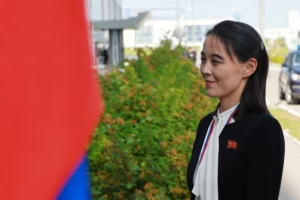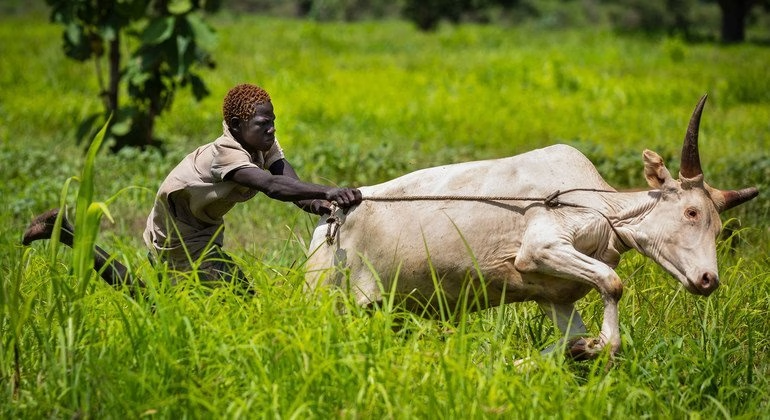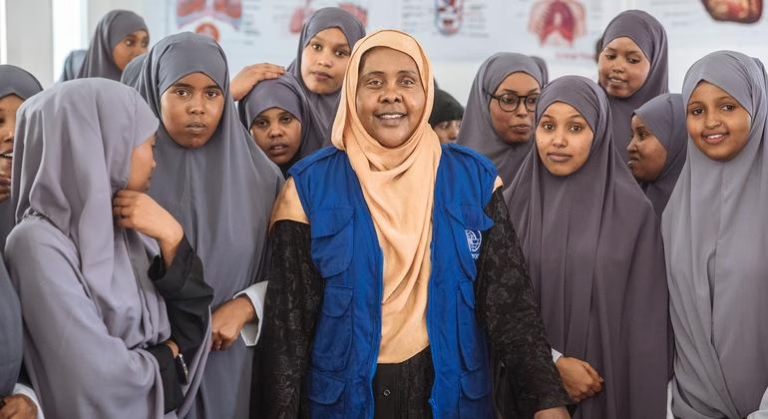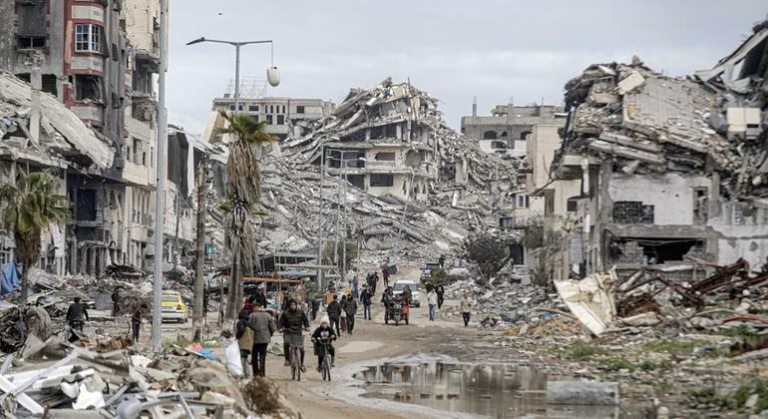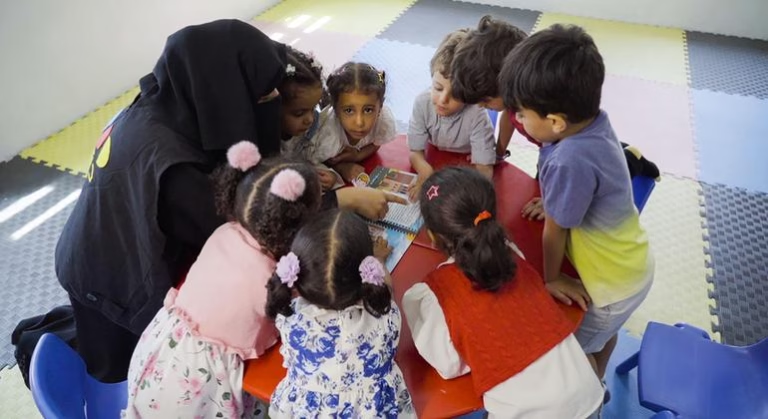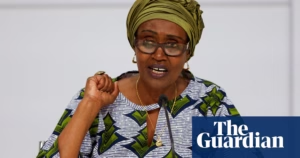The importance of cooperatives in South Sudan cannot be understated. According to Louis Bagare, the project manager for cooperatives at the Food and Agriculture Organization (FAO) in South Sudan, they not only play a critical role in improving the livelihoods of its citizens but also contribute to the overall economy of the region. This was highlighted ahead of the International Day of Cooperatives, which emphasizes the importance of cooperatives in providing basic needs in situations where individual efforts are insufficient.
Beyond economic benefits, Bagare sees cooperatives as a potential avenue for peace and stability in South Sudan. Given South Sudan’s history of civil war and ongoing intercommunal violence, with the recent peace agreement being fragile, the establishment of cooperatives is being seen as a beacon of hope for the country’s future.
Cooperatives provide a platform for people, especially those in rural areas, to pool their resources and share risks, enabling them to improve their socioeconomic status. This collective approach not only fosters economic growth and development but also serves as a model of democratic governance at the local level, which could encourage broader participation in democracy in South Sudan.
Emphasizing the economic benefits of cooperatives, Bagare points out that when people are engaged in productive activities that generate income, there is less incentive for them to resort to violence or criminal activities like looting for survival. This aligns with the goal of creating sustainable economic opportunities that can help steer youths away from conflict and towards peacebuilding.
South Sudan’s history has seen a significant role of cooperatives in various sectors, ranging from agriculture to the production of essential goods like soap and textiles, indicating a cultural acceptance and understanding of cooperative structures. There is a consensus among those involved in cooperative development, including Bagare and Deng William Achiek from South Sudan’s Ministry of Agriculture and Food Security, to rekindle the spirit of unity and hard work that cooperatives represent.
Looking ahead, there’s a collective desire to see cooperatives become integral to every economic sector in South Sudan, not just limited to agriculture. This expansion would not only help improve the lives of individuals and communities but also serve as a foundation for the sustainable development and peacebuilding of the nation as a whole.
Source: https://news.un.org/feed/view/en/story/2025/07/1165256
